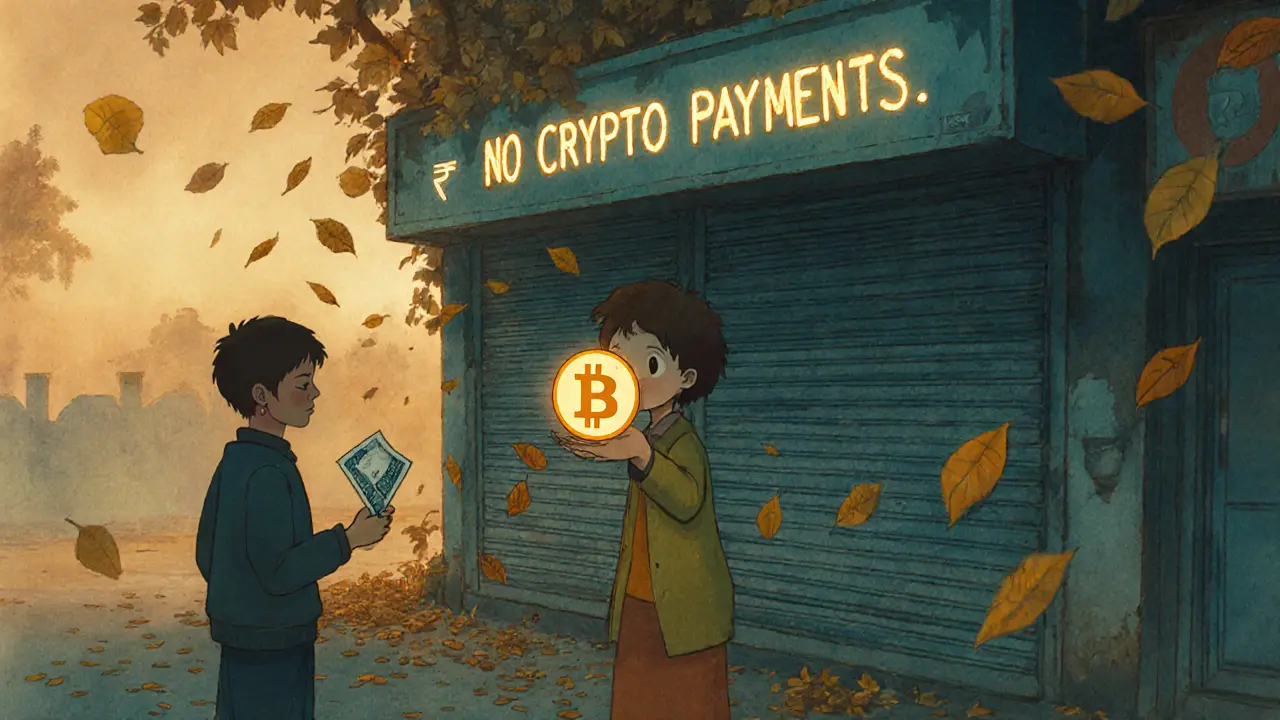Cryptocurrency Legality in India
When it comes to cryptocurrency legality in India, the legal status of digital assets like Bitcoin and Ethereum in the Indian financial system. Also known as crypto regulation in India, it’s not a ban—it’s a gray zone with clear rules on taxes and exchanges, but no official recognition as legal tender. You can buy, sell, and hold crypto without breaking the law. The Supreme Court lifted the banking ban back in 2020, and since then, platforms like CoinDCX and ZebPay have grown into trusted names for millions of Indians.
But here’s the catch: crypto exchanges in India, platforms where users trade digital assets like Bitcoin, Ethereum, and altcoins. Also known as Indian crypto platforms, they must follow strict KYC rules and report transactions to authorities. If you’re using a site like INRTOKEN or Purple Bridge with no reviews, no audits, and no transparency—you’re not just risking your money, you’re stepping outside the legal framework. The government doesn’t stop you from trading, but it does expect you to use platforms that play by the rules.
crypto tax in India, the 30% tax on crypto gains and 1% TDS on every transaction imposed by the Indian government. Also known as digital asset taxation, it’s one of the strictest in the world. Every trade, every airdrop, every staking reward—you need to track it. If you claimed free TCT or PSWAP tokens and sold them later, that’s taxable income. The IT department isn’t waiting for you to file—they’re cross-checking exchange data. Ignorance isn’t an excuse anymore.
What about decentralized finance? Can you use DeFi protocols like DPEX.io or Larix Head Mining? Technically, yes—but you’re on your own. There’s no regulatory safety net. If a platform disappears, you lose everything. That’s why most smart users stick to exchanges with clear licenses, audit reports, and customer support. The same goes for airdrops: if CoinMarketCap lists a token like ZHT or PNDR with no team and no trading, it’s a red flag, not a free gift. India’s crypto scene is growing fast, but the rules are tightening. You don’t need to be a lawyer to stay safe—just be honest, use verified platforms, and keep records.
What you’ll find below isn’t a list of legal opinions or government documents. It’s real-world stories from people who got burned by fake exchanges, misunderstood tax rules, or fell for scam airdrops. Some posts expose platforms that look real but aren’t. Others explain how to track your crypto taxes without hiring an accountant. And a few show you exactly how to spot a scam before you send your first rupee. This isn’t theory. It’s what’s happening right now in India’s crypto space—and what you need to know before you next click "Buy".
Are Crypto Payments Allowed in India? What You Can and Can't Do in 2025
As of 2025, crypto payments for goods and services are banned in India, but trading and holding crypto remain legal under strict tax and reporting rules. Learn what you can and can't do with crypto in India today.
